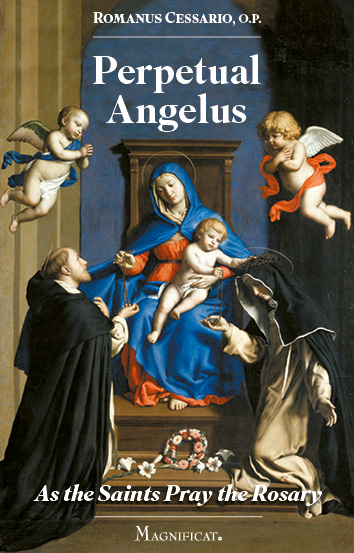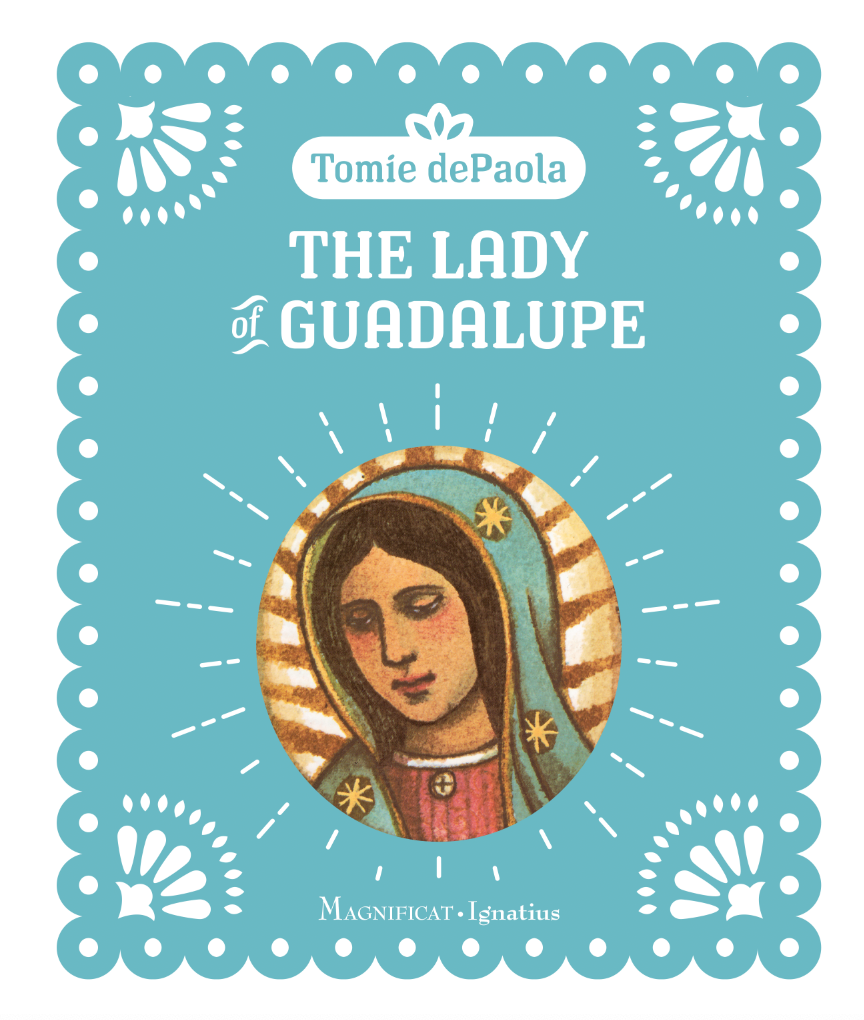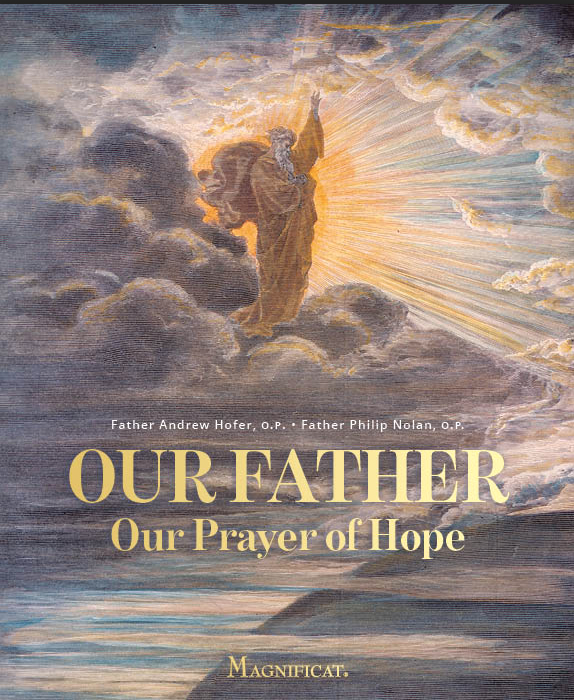Every Sunday at Mass, the Church bids us confess that Christ “will come again in glory to judge the living and the dead.” What manner of judgment will Christ impose on the world? We cannot answer this question without reflecting on why and how God punishes sin.
Christ’s judgment
A lack of clarity today surrounds the question of divine punishment. Many persons ask whether punishing human sin becomes a good and loving God. As some are persuaded that it does not, they presume that when Christ comes again in glory, he will pronounce only a general amnesty. These same Christians further assume that no matter what the state of grace a person enjoys or does not enjoy, God, in the end, will make everything right for them.
While it is true that Christ came not to judge, but to give to those who believe in him abundance of life, the free creature can still frustrate this divine plan of love. The Catechism of the Catholic Church teaches that “by rejecting grace in this life, one already judges oneself, receives according to one’s works, and can even condemn oneself for all eternity by rejecting the Spirit of love” (CCC 679). Punishment is not the work of an angry God, but the circumstance that arises when the creature freely moves outside the way of life established by divine truth
Sin is never God’s work
Sometimes one hears the objection: “Why would the good God allow any one of his creatures to move so far away from his truth and goodness?” If God really loved us, it is argued, would he not actively intervene to prevent us from rejecting his grace and the Spirit of love? The argument is made all the more forceful when we consider the wide variety of woeful circumstances that people find themselves in. There exist so many difficult situations in the world that seem to trap people into sin and from which it seems that they deserve to be rescued.
When such reflections come to mind, it is urgent to remember that the presence of sin in the world is never God’s doing. To the extent that the disorder of sin—the privation of evil—disfigures the human ecology—and by extension the whole of the cosmos—the fault lies with the human race, not with the good God. Philosophers are stumped by the mystery of evil in the world; only the Christian religion announces that God unfailingly meets human sin with patient love. Indeed, the Catechism underscores the fact that “there is not a single aspect of the Christian message that is not in part an answer to the question of evil” (CCC 309).
For reasons that are difficult to assess, many people have become forgetful about sin’s gravity. Those who expect Christ to proclaim a general amnesty probably think that sin represents nothing more than what divine commands, perhaps even arbitrarily, forbid us to do. From this incomplete premise they conclude that God should simply overlook our offenses. He should “just loosen up,” as it were. But sin erodes more than what can be measured by the infraction of a rule, even one promulgated by God himself. Of course, sin does represent a rebellion on the part of the creature against the divine will, but what is more significant, it at the same time entails a falling away from the truth of things as God has established them. When sinners reach this point, they experience the emptiness of sin.
Redemption from self-imposed punishments
By living outside of the truth of things, the sinner undergoes a self-imposed punishment. Consider the sins that according to the catechetical tradition of the Church cry out to heaven for vengeance: willful murder, sodomy, oppressing widows and orphans, and withholding the wages of the day worker. Those who purposefully and knowingly engage in such activities place themselves and their lives outside the order of divine wisdom. They no longer abide in the truth about the good of human life, the good of marriage, the good of community life, the good of productive labor. Whatever subjective attitudes a sinner may cherish about these and other sinful states, the fact remains that the disorder of sin imposes its own punishment. God’s plan for the well-being of the human race cannot be adjusted to meet our fancies.
September brings the Church’s celebration of the Triumph of the Cross. By his atoning death on the cross, Christ has conquered the evil and sin that oppress the world. That’s why we celebrate the triumph not the destruction of the cross. On the cross, too, Christ has acquired the right to judge the living and the dead. What a great consolation for us to ponder that from the cross Jesus loves inexpressibly each member of the human family. To embrace the love of Jesus crucified means that we already participate in God’s final triumph over the revolt of evil.
©Magnificat September 2000









